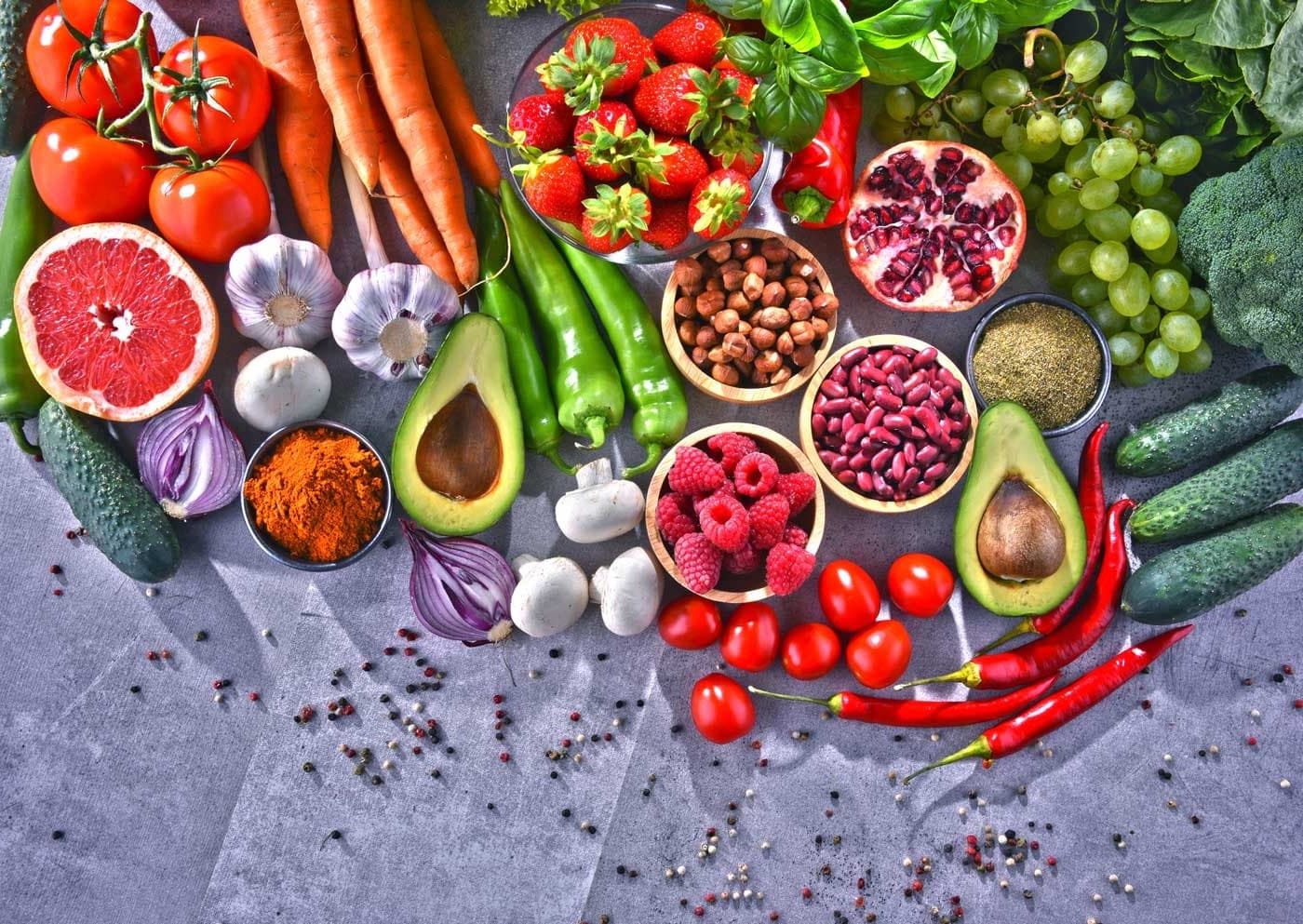
Polyphenols are natural compounds found in plants that have gained attention for their health benefits. But what exactly are they, and why should you care? Polyphenols are powerful antioxidants that help protect your body from damage caused by free radicals. They can be found in a variety of foods, including fruits, vegetables, tea, coffee, and red wine. These compounds are known to support heart health, improve brain function, and even reduce the risk of certain chronic diseases. Curious about how to incorporate more polyphenols into your diet? Keep reading to uncover 25 fascinating facts about these mighty molecules and how they can boost your well-being.
Key Takeaways:
- Polyphenols are natural compounds found in plants and offer health benefits like reducing inflammation, improving heart health, and supporting gut health. You can find them in fruits, vegetables, tea, coffee, and even red wine.
- To maximize your polyphenol intake, eat a variety of colorful fruits and vegetables, choose whole foods over processed ones, and enjoy moderate amounts of green tea, coffee, dark chocolate, and red wine.
What Are Polyphenols?
Polyphenols are naturally occurring compounds found in plants. They play a crucial role in defending plants against ultraviolet radiation and pathogens. For humans, they offer numerous health benefits.
- Polyphenols are abundant in fruits, vegetables, tea, coffee, and red wine.
- There are over 8,000 types of polyphenols, categorized into four main groups: flavonoids, phenolic acids, polyphenolic amides, and other polyphenols.
- Flavonoids, the largest group, include quercetin, kaempferol, catechins, and anthocyanins, found in foods like apples, onions, dark chocolate, and red cabbage.
- Phenolic acids are found in coffee, fruits, and whole grains.
- Polyphenolic amides include capsaicinoids in chili peppers and avenanthramides in oats.
- Other polyphenols include resveratrol in red wine, ellagic acid in berries, and curcumin in turmeric.
Health Benefits of Polyphenols
Polyphenols are known for their antioxidant properties, which help protect the body from damage by free radicals. They also offer other health benefits.
- Polyphenols can reduce inflammation, which is linked to many chronic diseases.
- They help improve heart health by lowering blood pressure and cholesterol levels.
- Polyphenols can enhance brain function and protect against neurodegenerative diseases.
- They support gut health by promoting the growth of beneficial bacteria.
- Polyphenols may help manage blood sugar levels, reducing the risk of type 2 diabetes.
- They have anti-cancer properties, helping to prevent the growth and spread of cancer cells.
Sources of Polyphenols
Incorporating polyphenol-rich foods into your diet can be easy and delicious. Here are some common sources.
- Berries, such as strawberries, blueberries, and raspberries, are rich in anthocyanins.
- Dark chocolate contains flavonoids, which have been linked to heart health benefits.
- Green tea is a great source of catechins, known for their antioxidant properties.
- Red wine contains resveratrol, which has been associated with heart health.
- Apples are rich in quercetin, a flavonoid with anti-inflammatory properties.
- Onions contain kaempferol, which has been shown to reduce the risk of chronic diseases.
- Coffee is a major source of phenolic acids, which have antioxidant effects.
- Whole grains, such as oats and barley, contain various polyphenols that support overall health.
How to Maximize Polyphenol Intake
To get the most out of polyphenols, consider these tips for maximizing their intake.
- Eat a variety of colorful fruits and vegetables to ensure a wide range of polyphenols.
- Choose whole foods over processed ones, as processing can reduce polyphenol content.
- Drink green tea or coffee regularly, but in moderation to avoid excessive caffeine intake.
- Include a small amount of dark chocolate in your diet for a tasty polyphenol boost.
- Opt for red wine in moderation, as excessive alcohol consumption can negate its benefits.
The Power of Polyphenols
Polyphenols pack a punch when it comes to health benefits. These compounds, found in fruits, vegetables, tea, and wine, can boost your immune system, improve heart health, and even fight inflammation. They’re like tiny warriors in your diet, working tirelessly to keep you healthy. Including a variety of polyphenol-rich foods in your meals can make a big difference. Think berries, dark chocolate, and green tea. Simple changes can lead to significant health improvements. So next time you’re at the grocery store, reach for those colorful fruits and veggies. Your body will thank you. Remember, a balanced diet filled with polyphenols is a step towards a healthier you. Keep exploring different foods and enjoy the benefits these powerful compounds offer.
Frequently Asked Questions
Was this page helpful?
Our commitment to delivering trustworthy and engaging content is at the heart of what we do. Each fact on our site is contributed by real users like you, bringing a wealth of diverse insights and information. To ensure the highest standards of accuracy and reliability, our dedicated editors meticulously review each submission. This process guarantees that the facts we share are not only fascinating but also credible. Trust in our commitment to quality and authenticity as you explore and learn with us.
